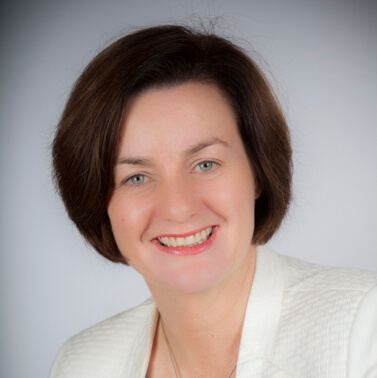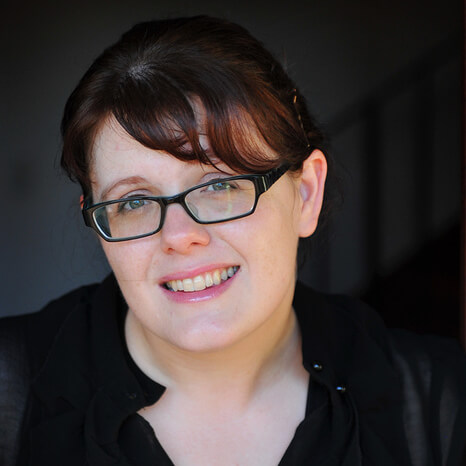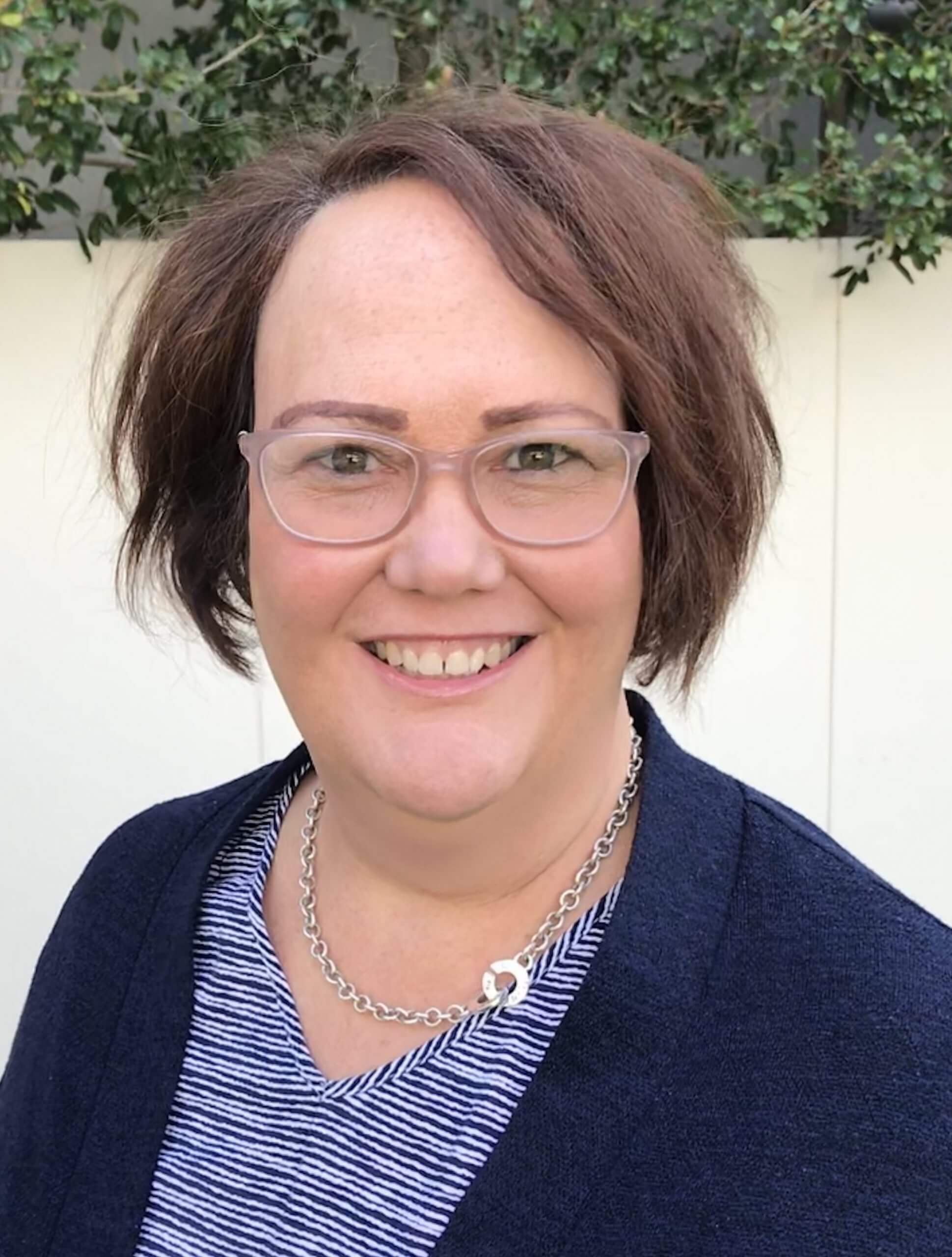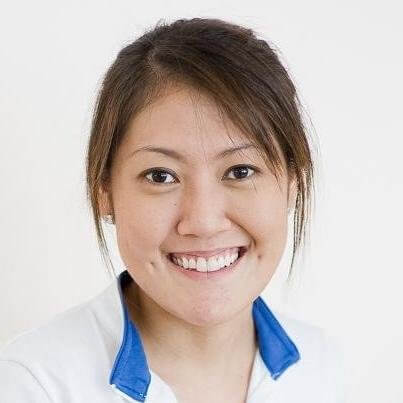Experiencing a traumatic injury leads to a massive and often difficult adjustment for the person and their family. Once people return home from hospital, an area that many find challenging is being unable to drive.
While some people will return to driving, others will have either a prolonged interruption to driving or will permanently stop. This can require a large adjustment for their daily lives, self identity and for those supporting them.
Research conducted by the CarFreeMe team indicated that an intervention was needed during the period of driving disruption that aimed to keep people engaged in their communities and using alternative transport. Families also required support for their roles during this time. The interventions are individualised and involve practical learning, education and support to stay involved without driving.
A trial of the intervention is currently underway in South Australia. For more information about the trial, please contact A/Prof Stacey George from Flinders University.
CarFreeMe wishes to acknowledge the funding support provided by The Lifetime Support Authority (LSA) for this trial.
Liddle, J., Fleming, J., McKenna, K., Turpin, M., Whitelaw, P., & Allen, S. (2012). Adjustment to loss of the driving role following traumatic brain injury: a qualitative exploration with key stakeholders. Australian occupational therapy journal, 59(1), 79-88.
Liddle, J., Hayes, R., Gustafsson, L., & Fleming, J. (2014). Managing driving issues after an acquired brain injury: Strategies used by health professionals. Australian occupational therapy journal, 61(4), 215-223.

AProf. Stacey George
Associate Professor George has an internationally recognised track record in rehabilitation and driving research. Currently she is the Chairperson of the South Australian Statewide Clinical Network Research Group since 2009. Dr George has experience in undertaking research with adults in acute, rehabilitation and community settings in relation to driving, vision and rehabilitation. Her unique research methodology focuses on the translation of clinic based techniques to the real driving environment is unique in the field. Contact Stacey to collaborate with us.

Dr. Jacki Liddle
Dr Jacki Liddle is a research fellow and occupational therapist with the School of Information Technology and Electrical Engineering. She focuses her research on community participation, life transitions, community mobility, and technology. She works with older adults, people living with dementia, people with neurological conditions and family carers. Researching the experiences related to retirement from driving for older adults led to the development of the UQDRIVE program, now known as CarFreeMe.

AProf. Louise Gustafsson
Dr Louise Gustafsson is an occupational therapist and Professor in the School of Allied Health Sciences at Griffith University, and is lead researcher of the ROAMM (Restoring Occupations and Community Participation) Project in the Hopkins Centre, Menzies Health Institute of Queensland. She wants to improve outcomes for people with neurological conditions and injury and is most interested empowering people to engage in their occupations long after the acute event, injury or diagnosis and to partner with people with lived experience in all research.

Phyllis Liang
Phyllis Liang is an occupational therapist and PhD student at the University of Queensland. Her PhD research has focused on the impact of driving disruption after stroke traumatic brain injury on families. She is interested in how best to support families and community participation after acquired brain injury.
CarFreeMe © 2018 | Terms of Use | Disclaimer
CarFreeMe is supported by UniQuest, the commercialisation company of The University of Queensland
